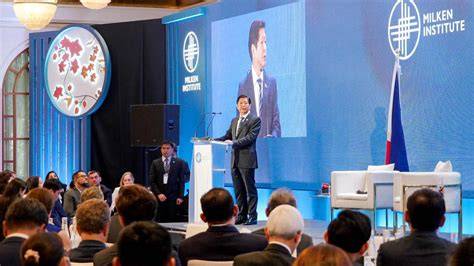Unlocking Opportunities: Building a Business in the Philippines
Business in the Philippines

Along with its vibrant economy and youth population, the Philippines has become a desirable place for investors and entrepreneurs. South East Asia is famous for expanding its strategic status, English -discipline workforce and consumer market. In many areas, the country provides trade with fertile soil. However, what are the requirements to start and increase a business in the Philippines? Let’s check the environment, possibilities and difficulties that entrepreneurs should take into account.
Why Philippines is attractive to trade
The people of the Philippines are one of his biggest assets. With more than 110 million inhabitants, the nation claims a lively consumer base and a highly qualified labor force over the age of 25 years. The high level of English proficiency only trade and trade for international investors without important language obstacles.
The strategic place of the nation further enhances its attraction. The Philippines, which is in the middle of Southeast Asia, is the gateway to important markets such as China, Japan and other ASEAN countries. Businesses can easily use business worldwide by becoming members of international trade agreements.
Area of entrepreneurs
Many industries are particularly developed and ready for development:
The Philippines business process is a world leader in outsourcing (BPO), which provides IT solution and customer aid. The region is still growing, which presents opportunities for both domestic and international businesses.
With its breathtaking beaches, rich cultural heritage, and unique culture, tourism and hospitality provide huge opportunities.

Opportunities for entrepreneurs are in travel and lodging industries as well as eco-tourism initiative.
Online shopping has become more intense due to growth of retail and e-commerce digital platforms. Effective e-commerce strategies with knowledgeable logistics for businesses can merge the base of growing middle class customers.
Agricultural and Food Processing: Abundant natural resources of the Philippines enable the export of seafood, coconut and banana. Food processing and innovation are receiving traction in permanent farming.
Trading environment and regulations
It is necessary to navigate local rules when starting a business in the Philippines. Depending on their commercial structure, entrepreneurs will have to register with either the Department of Trade and Industry (DTI) or the Securities and Exchange Commission (SEC). Additional registration with the Internal Revenue Bureau (BR) and local government institutions is required for permit and tax compliance.
Despite the government’s efforts to streamline procedures through internet portals, bureaucracy may still face difficulties. Attaching with local experts or advisors often facilitates infection for new fare.
Challenges to consider
Trade in the Philippines is full of challenges like any other economy. Patience can delay bureaucracy, traffic jams in big cities and infrastructure outage. Businesses should also be able to adapt to the geographical diversity and cultural quirks of the archipelago. These difficulties are notable, however, with complete preparation and a solid local cooperation.
Conclusions: a promising market
The Philippines provides more than one consumer market; This is a place of the occasion where cultural variations, creativity and adaptability are all valuable. Wait for a dynamic trade climate entrepreneurs who are ready to interact on the regulatory structure and adjust in local conditions.

For those who are ready to invest in their future, the Philippines presents a promising place for outsourcing, tourism and digital efforts.




